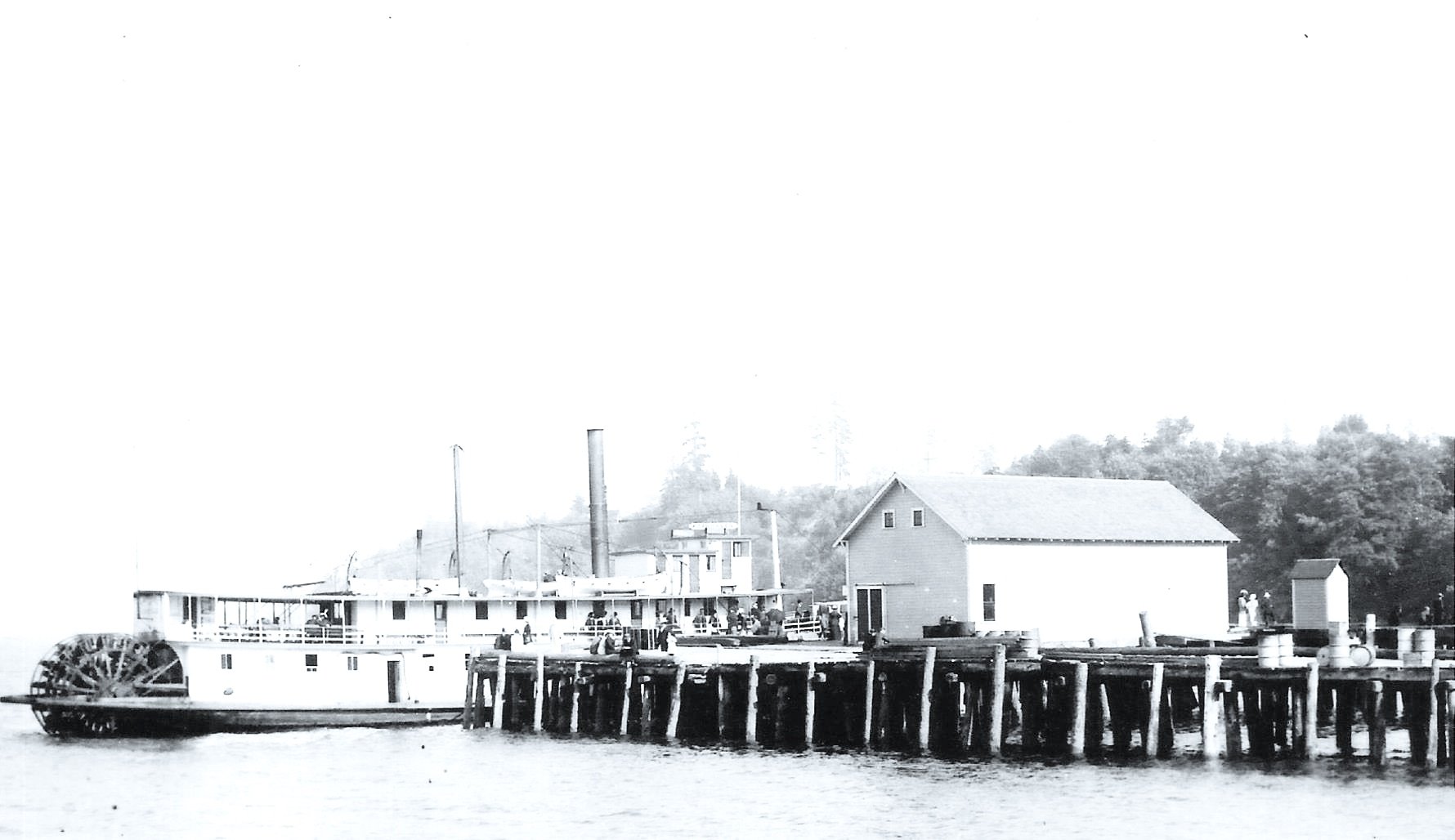
-

Plan A Visit
The South Whidbey Historical Museum
Location:
312 Second Street
Langley, WA 98260Hours:
Our museum is closed for the season. -

New Exhibit Coming Soon!
The Coast Salish Snohomish of South Whidbey
The history of the Coast Salish Snohomish People of South Whidbey Island in a permanent gallery at the South Whidbey Historical Museum.
